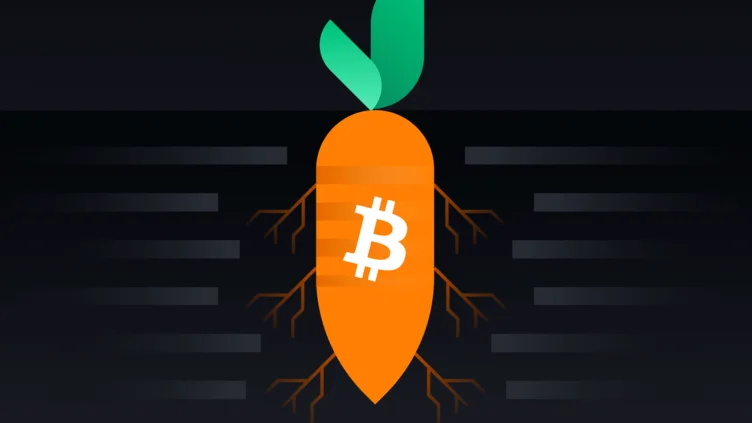
What is Taproot
One of the main characteristics of Bitcoin is that there is no entity behind it. This means that any change made on tBitcoin Cash. Making changes through soft-forks guarantees backward compatibility and also respects the fact that BTC has never been hard-forked (unlike ETH, BCH and a myriad of cryptocurrencies).
Taproot could be the most important change since the block size increase made through Segwit’s soft fork in 2017. It would be done through another soft fork and there seems to be a relative consensus that it is a functionality to be integrated.
Taproot’s goal is to change the way BTC works to increase the privacy, scalability and security of the network. This is achieved by working in tandem with the Schnorr signatures that are absolutely necessary for the proper functioning of Taproot.
As is well known, all transactions on the BTC network are public and can be observed by anyone. There are ways to try to improve privacy like the Coin Mixing and CoinJoin methods although neither of them guarantee privacy absolutely. Taproot will not guarantee this type of privacy either, but it will improve the anonymity of the network.
Taproot will allow the Bitcoin network to use certain more complex functionalities such as:
- Timelocks
- Better Multisig transactions.
The Taproot algorithm masks these functionalities so that they cannot be distinguished from a normal transaction, and consequently an external observer cannot know if a transaction belongs to a smart contract, a multisig, a Lightning Network transaction or a normal transaction.
Taproot was initially proposed by Bitcoin Core developer Greg Maxwell in January 2018. Seeing it in action will require consensus among node operators and installing it on their machines. Depending on how these operators are targeted, the process may take more or less time.
By simplifying this type of non-ordinary transactions, the scalability of the network is also improved by offering lower commissions, less space occupied in the Blockchain and more transactions per second than before.
Also, thanks to Taproot, digital signatures will no longer be malleable, which is one of the risks of the Bitcoin network.
The malleability of signatures is known as the possibility of altering a transaction signature before it is confirmed, canceling it and allowing a potential third party to make a double-payment, which would violate the integrity of the blockchain
Conclution
If finally Taproot ends up being installed together with the Schnorr firms, we will be able to see an increase in the privacy, security and scalability of the Bitcoin network. In addition, the simplification of multisig addresses could generate more interest from large corporations towards using Bitcoin, something very necessary for its adoption.

Comments